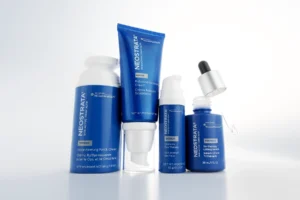
NeoStrata’s Latest Innovation: MicroDiPeptide²²⁹
NeoStrata was founded by Dr Eugene van Scott, a Dermatologist and Dr Ruey Yu a Dermatopharmacologist, in 1988. In fact, they had started collaborating in

NeoStrata was founded by Dr Eugene van Scott, a Dermatologist and Dr Ruey Yu a Dermatopharmacologist, in 1988. In fact, they had started collaborating in

As you enter your 40s and 50s, the natural production of collagen and elastin declines, and environmental factors such as pollution take a visible toll

By focusing on preventative skincare in your 20s and 30s, you can make a significant difference in the health and youthfulness of your skin later
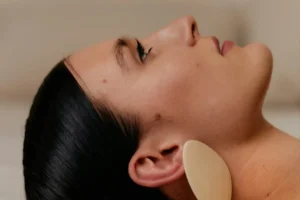
Early ageing will depend upon your skin type and degree of chronic sun exposure. The first signs of ageing can appear in one’s mid-20s and

Collagen is a crucial protein in the dermis of the skin and constitutes approximately 75% of the skin’s dry weight. Collagen fibres provide structural support

Periorbital pigmentation or dark circles around the eyes can make you look tired, aged, or even sad. One common cause is eczema or allergies, which
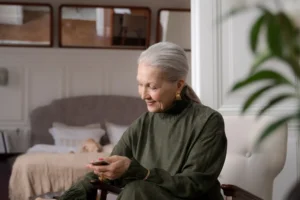
In our late 30s or early 40s, fine lines around the eyes and mouth become more visible. Deeper wrinkles, loss of elasticity, and volume on
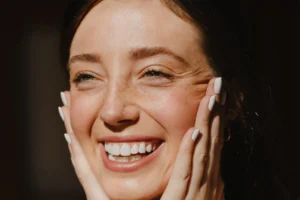
Many traditional anti-ageing products have been designed to address advanced signs of ageing (wrinkles, sun spots, rough texture, loss of collagen) with higher concentrations of

Wrinkles, uneven pigmentation and loss of skin firmness are all changes associated with ageing skin. There are some obvious and not-so-obvious signs of ageing in
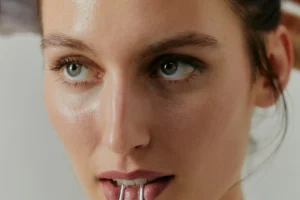
With age, the skin loses elasticity and collagen, which are responsible for maintaining its smoothness and firmness. As a result, fine lines and wrinkles, such

During perimenopause and menopause, hormonal changes occur, including a decline in estrogen levels. These changes can impact a woman’s skin, requiring adjustments to her skincare

As we naturally age, a hollow area called a tear trough can form beneath our eyes causing under-eye swelling or bags. Puffiness around the eyes

The body and especially the skin is exposed to many external environmental aggressors such as ultraviolet radiation, high energy visible light, infrared radiation, chemicals, pollution

Sleep provides an opportunity for your body to repair and rejuvenate itself. Major restorative functions in the body like muscle growth, tissue repair, protein synthesis
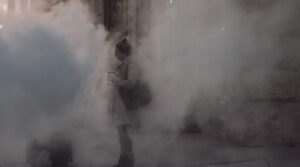
Air pollution is a stealthy killer – it is estimated that it kills about 9 million people per year globally and in South Africa, at

In the year 2000, Dr Nancy L. Etcoff, a psychologist at Harvard Medical School wrote a book called Survival of the Prettiest: The Science of
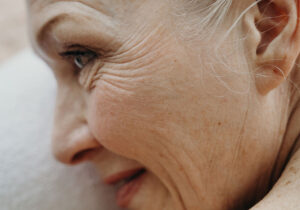
We are all going to age whether we like it or not but for many people, this is not an issue until they look in
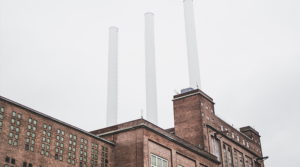
Recent studies have shown that the sun is not the only enemy of the skin. While the sun remains Enemy No. 1 for skin cancer
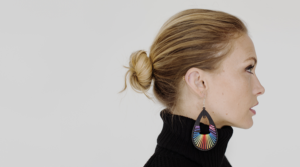
Dear Younger Self, As I reflect back on my life and the changes that have occurred to my skin, I sometimes wish I could have

The word anti-ageing is often associated with the lucrative cosmetic and anti-ageing industry. While it is very descriptive: anti-ageing treatments and anti-ageing products, anti-anything may

We all know that over-exposure to the sun’s rays causes damage to the skin. Research is now showing that pollution together with the radiation from
"The good life is one inspired by love and guided by knowledge"
Bertrand Russell
Learn more about Rx labelled products.